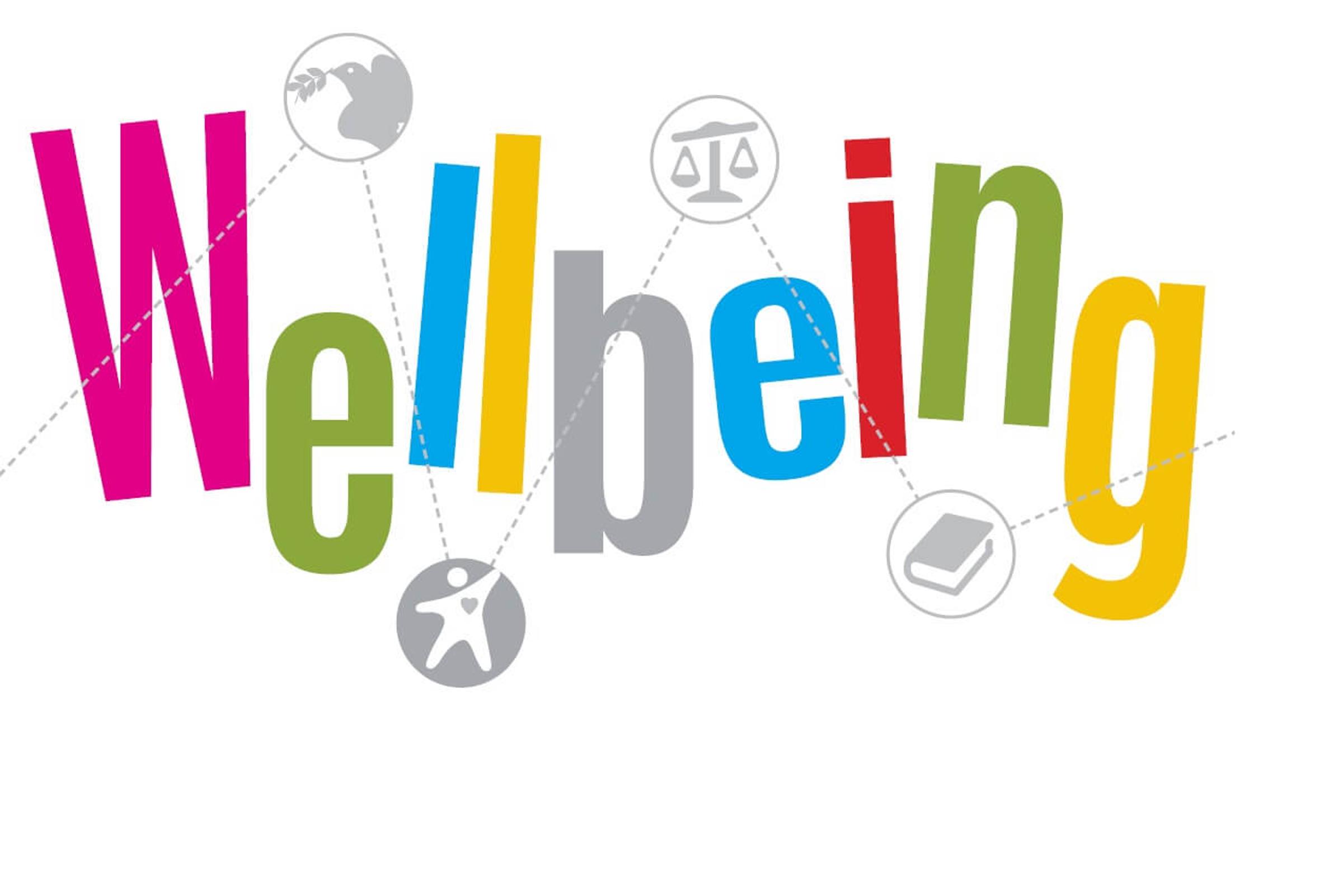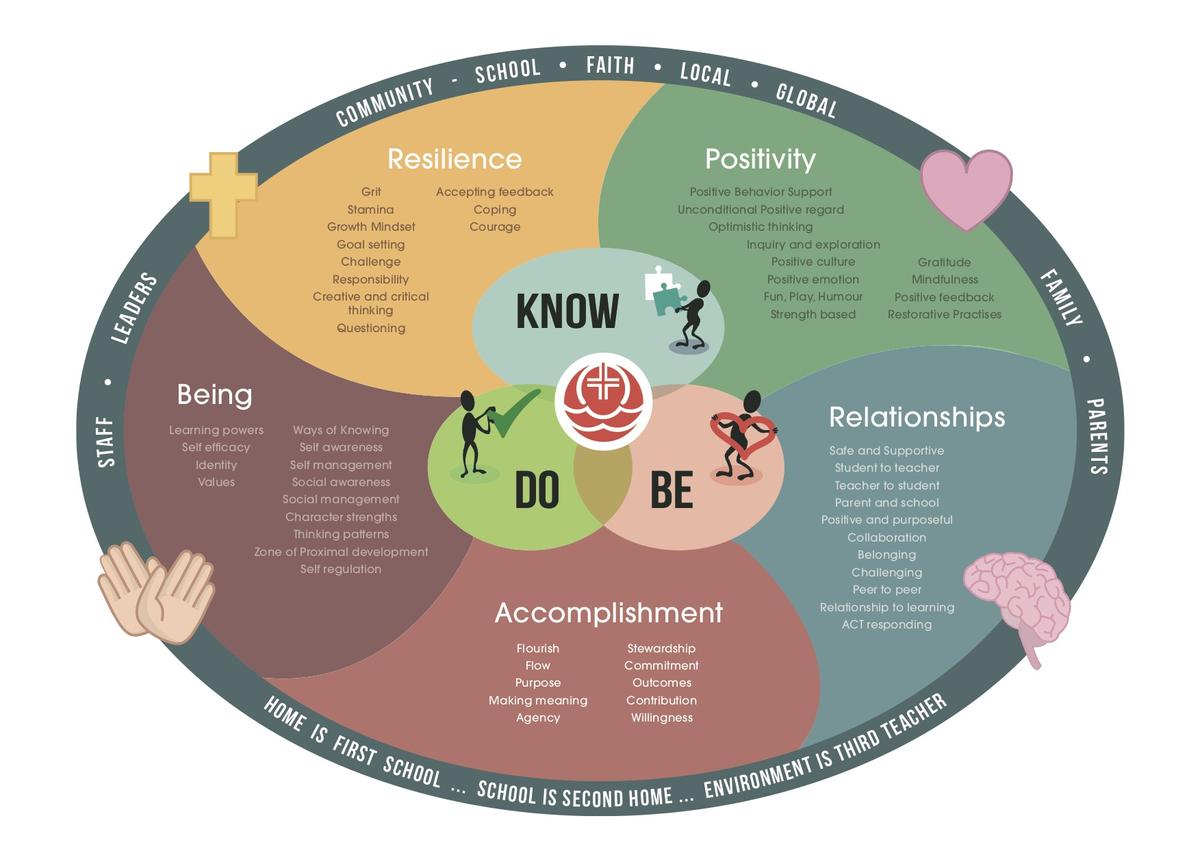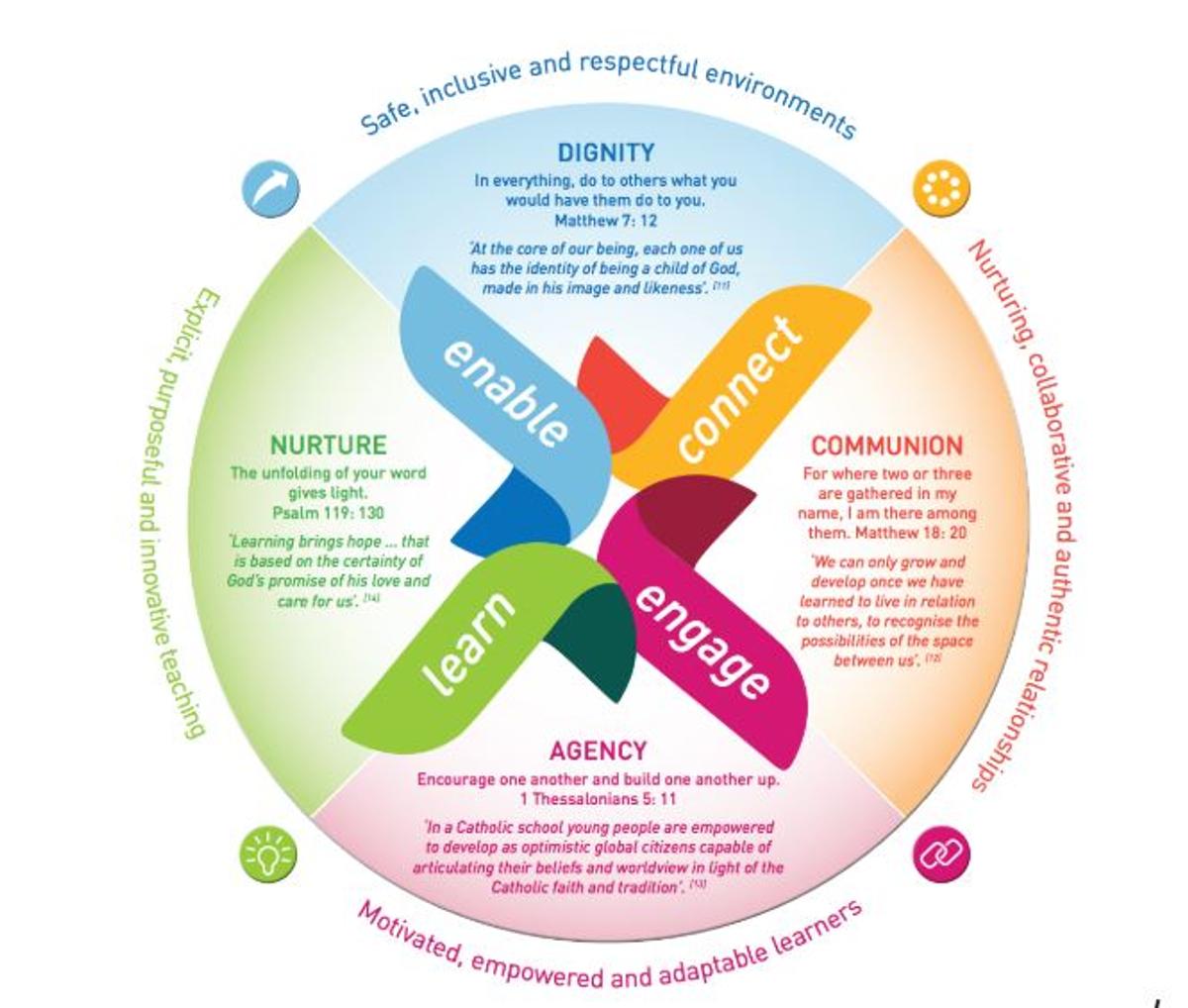Wellbeing News.

Click to enlarge
Parenting Ideas:
In the aftermath of a huge New England snowstorm, a friend’s car got stuck driving down KJ Dell’Antonia’s driveway. So she and her four children bundled up and headed out with shovels. After freeing the car once, it slid into a snowbank, and they had to start again as the sun was setting. It was “hard, unpleasant work.” Yet after getting the friend safely on her way, one of the children turned to Dell’Antonia and said, “That was fun!”
This story is emblematic of the paradoxes and possibilities of daily family life. In her new book How to Be a Happier Parent, Dell’Antonia – the former lead editor of the New York Times Motherlode blog – writes about “how to create the best possible family life we can with the hand we’ve been dealt.”
According to her research and lived experience, happier parenting often involves reframing our expectations and approach to the tough spots of family life. From chores to sibling relationships, she recommends first changing how we think about those issues and then change what can be done.
Take family responsibilities. “A kid who has everything done for them begins to see themselves as a job for their parents instead of as a joy or a help,” said Dell-Antonia. This setup harms kids in at least two ways. It leads to an “an artificial sense of their own importance” while also undercutting the vital role children could play in family life.
“Everyone is happier when they are part of a larger community. For kids, the family is that community. When they are part of the day-to-day running of a household, it tells them, ‘I’m part of the team, and without me, things don’t work as well.’ They feel like they are a helpful and necessary part of their family.”
Viewing children as inherently capable, changes our approach to interacting with them. “They can do things,” said Dell’Antonia. “But we mostly don’t let them.”
In other words, assume capacity, expect responsibility and keep the lines of communication wide open. This basic approach can help parents and children navigate perennial struggles such as sleep, schoolwork and screens.
Extract taken from www.kqed.org
Please click here to view our new Wellbeing Manual and Policy and also our new Positive Behaviour Manual and Policy
Click to enlarge


